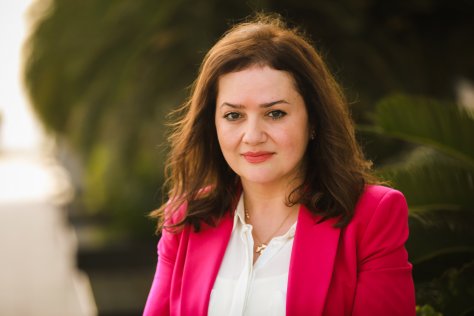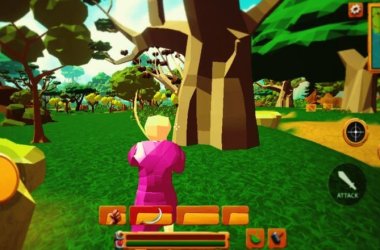
According to a report by the United Nations Department of Economic and Social Affairs, the number of megacities is forecast to increase to 43, each with more than 10 million inhabitants by 2030. More than half of the world’s population will live in urban areas by 2050.
As we continue to advance towards a more urbanised world and the impacts of climate change grow progressively, there is a greater need to accelerate digital adoption in line with the Sustainable Development Goals.
Digitalisation has a unique potential to enable other industrial sectors to move towards the low-carbon economy. According to the “2019 Exponential Roadmap” report, the digital industry has an important role to play in reducing global carbon emissions through existing ICT solutions across energy, manufacturing, agriculture, land use, buildings, services, transportation and traffic management.
According to research by Ericsson, ICT solutions could help to reduce greenhouse gas (GHG) emissions by up to 15 percent by 2030, amounting to around ten gigatonnes of CO2e—more than the current carbon footprint of the EU and US combined. Examples of areas where the savings can be enabled by ICT solutions are: transportation, energy, industries and agriculture.
Ericsson takes a proactive stance and collaborates with a wide range of stakeholders to scale the impact of our joint programs and initiatives in areas like climate change, agriculture, financial inclusion and, humanitarian response.
Technology innovations have the potential to accelerate global efforts to achieve Sustainable Development Goals:
Technology to address the impacts of climate change
According to a report by the Global Humanitarian Forum, climate change is responsible for some 300,000 deaths each year and over $100 billion worth of economic losses, mainly because of shocks related to health and agricultural productivity. According a recently published report, Africa is the region at the most immediate risk of droughts and floods.
With the acceleration of extreme weather, sea level rise, and other climate change impacts – precise weather information has become an absolute necessity. Innovators at Ericsson and the Swedish Meteorological and Hydrological Institute (SMHI) have been leveraging microwave data to solve the problem in a unique new initiative being piloted in Rwanda.
Ericsson Weather Data creates detailed and cost-efficient rainfall and flood predictions using the existing telecom infrastructure. Ericsson and SMHI leverage cellular network data to measure rainfall in real time, utilising signal disturbances in microwave links. By applying an algorithm, these disturbances can be used to measure exactly how much rain has fallen between two points on a microwave network. Potential use cases include climate mitigation efforts, flood prevention in sewage and stormwater systems in cities, agriculture, transport solutions, tourism, insurance, weather agencies and water utilities.
Banking the Unbanked
Mobile financial services are a global game-changer with an open money network being the connection needed between the financial industry and telecom to increase both the commercial and social inclusion benefits.
With mobile money, people can make payments anywhere at any time with their mobile devices connected with Internet. This allows end-users to seamlessly purchase products or services without having to physically handover cash or swipe a card. The freedom to send, spend and receive money with a mobile phone is quickly becoming an essential part of life for billions of people.
According to data from Ericsson ConsumerLab, more than half of consumers in Africa are using mobile money services through an agent, and some 20 percent use mobile money themselves on a mobile phone. However, the unbanked are the ones who are least involved in the formal financial system, due to factors such as distance to banks, education, and the inability to authenticate their identity,
Increasing financial inclusion through the use of digital technology is an essential element in furthering the economic development of Africa. And the story does not end here. Mobile money services have become an essential, life-changing tool across Africa, providing access to safe and secure financial services but also to energy, health, education and employment opportunities.
Ericsson is committed to using technology to contribute to new innovative solutions for a better tomorrow, and our aim is to develop solutions that support the achievement of the Sustainable Development Goals within the context of sustainable business practices.





